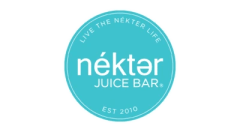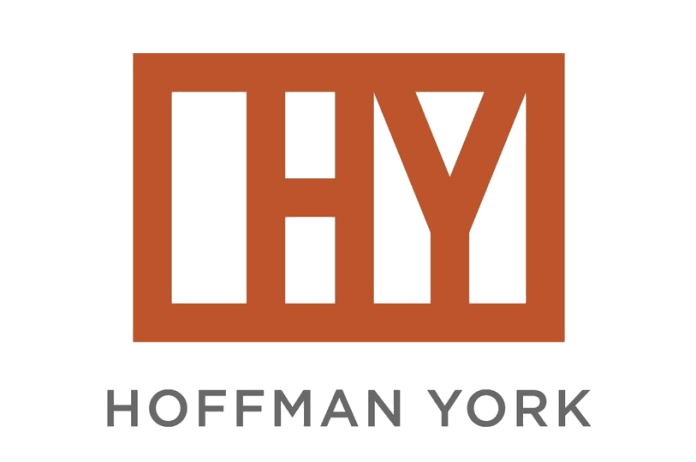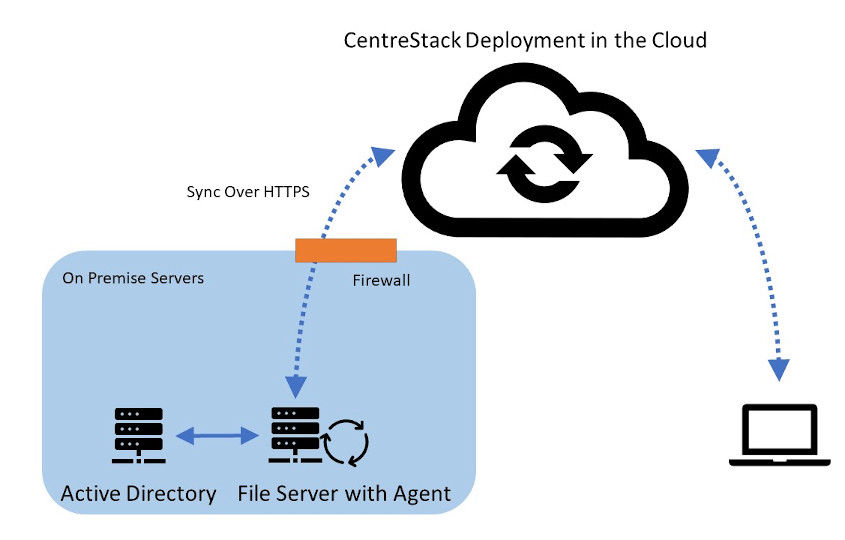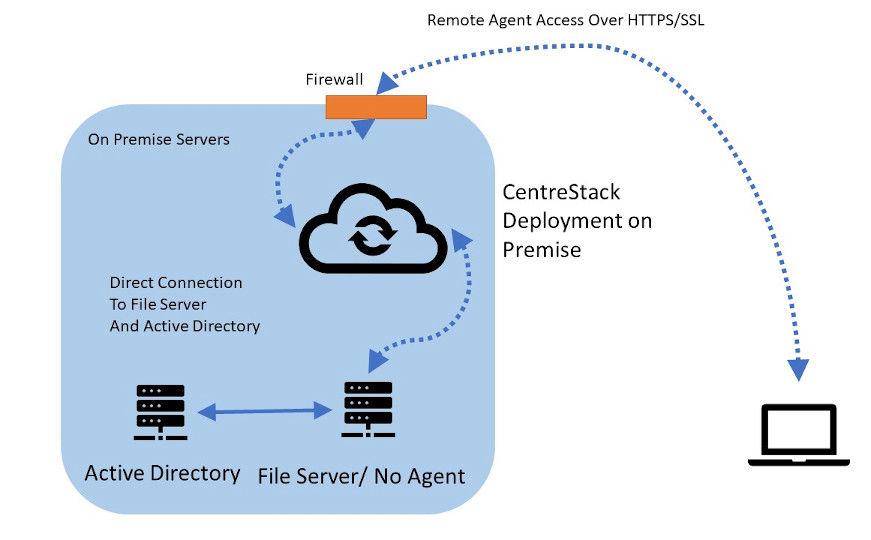Our partners & customers
Trusted by 1000+ IT Solution Providers and Enterprises












Are you looking for a simpler way to access your data in Azure Storage?
Perhaps you're looking for a web browser based file manager?
Turn Azure Storage into a web based remote file access and secure file sharing solution!
Triofox has revolutionized the way our office works remotely. The software is evolving rapidly, and the cross-platform support makes it a breeze to keep my business working.
Eric Sindic
Information Technology Manager
Hoffman York
Are you looking for a simpler way to access your data in Azure Storage? Perhaps you're looking for a web browser based file manager? There are many tools to do this, including the Azure portal and Azure Storage Explorer. So what's the Gladinet's difference? Seamless simplicity. Instantly integrate your traditional file servers to form hybrid cloud file servers. Seamlessly access files from mapped drives, mobile devices and web browsers anywhere. And you can easily share files and folders as web links from Outlook or web browsers.
Azure Storage Services is primarily for independent software vendors (ISVs) to develop business solutions, not for direct use. It's kind of like a hard drive that's not meant for direct use, but as a building block behind a tool like Windows Explorer or a file-sharing platform like a Windows file server.
Triofox bridges file servers and Windows Azure for secure remote access and file sharing.
Triofox uses Windows Azure as a central cloud file repository with version control, file change history, and audit tracing to ensure business continuity for on-premises file servers.
Triofox sets up a hybrid deployment between on-premises file servers and Windows Azure that can be seamlessly transformed into an Windows Azure only deployment. The end result is a cloud file server on top of Windows Azure instead of on-premises.
Remote access to file shares from a drive letter without requiring a VPN. Mobile applications included!
Minimize storage and bandwidth consumption by automatically synchronizing and caching only the files you need.
Triofox adds version control and file protection to the local file server.
Local file server and Azure Storage are synchronized to ensure business continuity and easy cloud migration.
Retain NTFS permissions and Active Directory identities when connecting file servers to Azure Storage.
Granular folder permissions that can mirror NTFS permissions or start from scratch.
Local file server and Azure Storage synchronize with each other for business continuity and easy cloud migration.
Install CentreStack File Server Agent on the file server that will migrate to Windows Azure over time. Supports Windows 2016/2019/2022 (32-bit/64-bit).
Access Azure Storage or file server network shares directly with Triofox fronting the storage services with HTTPS.
If you have already migrated local file server data to the Windows Azure data center, Triofox provides a solution for direct file access from remote devices and mobile devices.
Triofox's file server integration and enablement solves these problems by installing agent software on your file server, or by mounting your file server network share directly into Triofox if direct access is available. The software intelligently manages local and cloud storage and offers a range of cloud enablement options.
Most importantly, Active Directory security and the NTFS permission model are maintained as if they had never been changed. Drive mapping is also retained, giving end users a familiar drive letter to access files from remote locations. File locking is also maintained when multiple users are working on the same file at the same time.
The end result is that the file server's network shares are synchronized with Windows Azure and Triofox provides a complete access solution for Windows mapped drives and Mac Finder mounted volumes for iOS and Android.
Attach local file server folders to your Triofox server to enable remote access. The original network shares remain accessible over the local area network.
You can also use these features by using an existing file server from Windows Azure Compute as a private cloud.
Create a global namespace directory structure that unifies disparate file servers into a single folder structure and enables cross-site collaboration with a distributed cloud file system backed by Azure Storage.
Alternatively, the contents of the file server can be migrated to Azure Blob Storage over time to form a hybrid environment. This allows remote access as well as a background backup process for business continuity.



